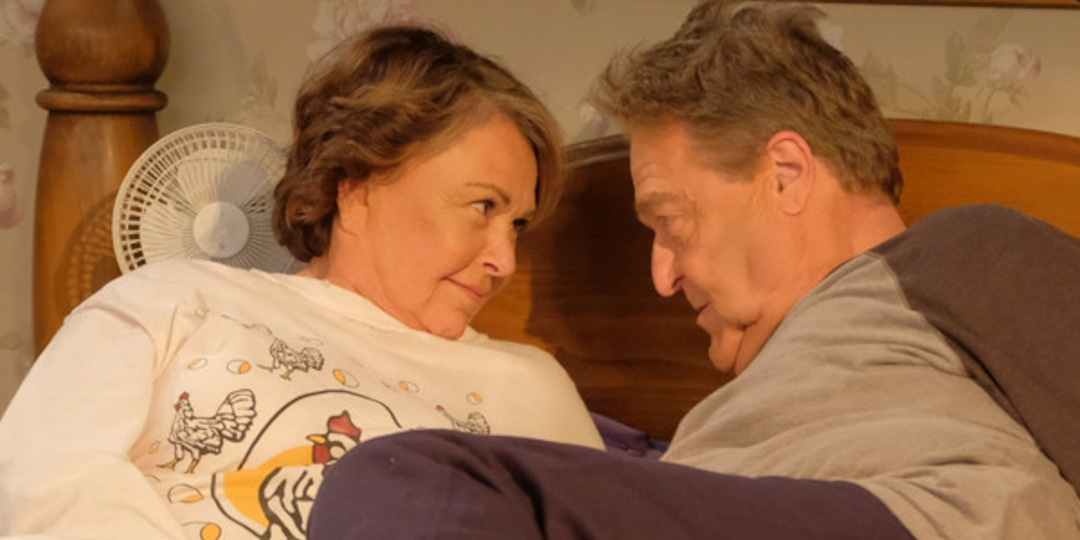
‘Roseanne’ was more than just a television show; it was a cultural phenomenon that mirrored the complexities of American family life. Premiering in 1988, the series captivated audiences with its raw and unfiltered portrayal of the Conner family, led by the indomitable Roseanne Barr. The show garnered critical acclaim, earning both Emmy and Golden Globe awards for Barr’s performance.
However, beneath the surface of sitcom success lay a series of events that would eventually lead to the show’s untimely demise.
The Rise and Fall of ‘Roseanne’
‘Roseanne’ debuted on ABC in 1988, quickly becoming a staple in American households. The series offered a candid look at the challenges faced by a working-class family, resonating with viewers nationwide. The chemistry among the cast, particularly between Barr and John Goodman (who portrayed Dan Conner), added depth to the narrative.
Despite its popularity, ‘Roseanne’ faced internal challenges, including disputes over storylines and cast changes. Notably, the character of Becky Conner was portrayed by two actresses during the show’s run. Lecy Goranson, the original Becky, had to leave temporarily due to educational commitments, leading to Sarah Chalke stepping in. This switch became a running joke within the series, highlighting the behind-the-scenes complexities.
The Controversial Revival
In 2018, after a 20-year hiatus, ‘Roseanne’ made a triumphant return. The revival attracted an impressive 18.44 million viewers for its premiere, reflecting the show’s enduring appeal. However, this resurgence was short-lived. Barr’s controversial comments on social media, particularly a racist tweet about Valerie Jarrett, a former advisor to President Obama, ignited a firestorm. ABC swiftly canceled the show, with network president Channing Dungey describing Barr’s actions as “abhorrent, repugnant, and inconsistent with our values.”
Beyond ‘Roseanne’: The Impact of Celebrity Actions on Television
The saga of ‘Roseanne’ serves as a cautionary tale about the delicate balance between celebrity actions and their professional endeavors. In 2001, another series, ‘Politically Incorrect with Bill Maher,’ was canceled following controversial comments by Maher regarding the 9/11 attacks. Similarly, Louis C.K.’s ‘Louie’ faced an abrupt end in 2017 after allegations of sexual misconduct surfaced. These incidents underscore the industry’s sensitivity to public perception and the potential repercussions for talent involved in controversies.
Conclusion
‘Roseanne’ remains a poignant example of how television reflects societal values and the intricate interplay between public figures and their audiences. While the show provided humor and insight into American life, the controversies surrounding it highlight the challenges of navigating fame in the modern age. As viewers, we are reminded of the power of media to influence and mirror our collective consciousness.
